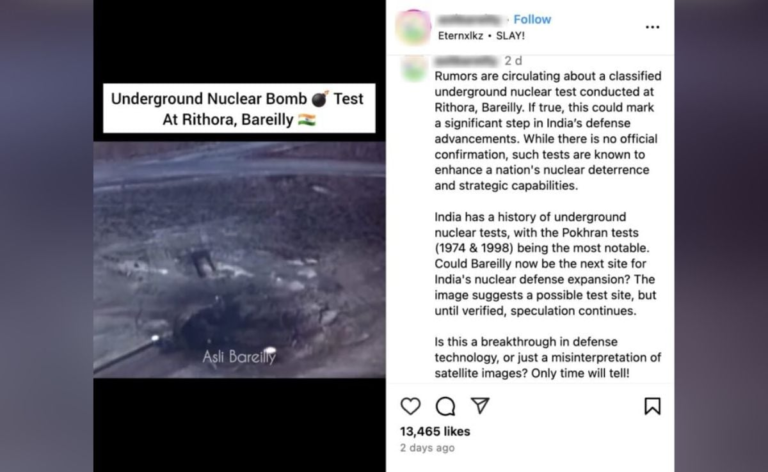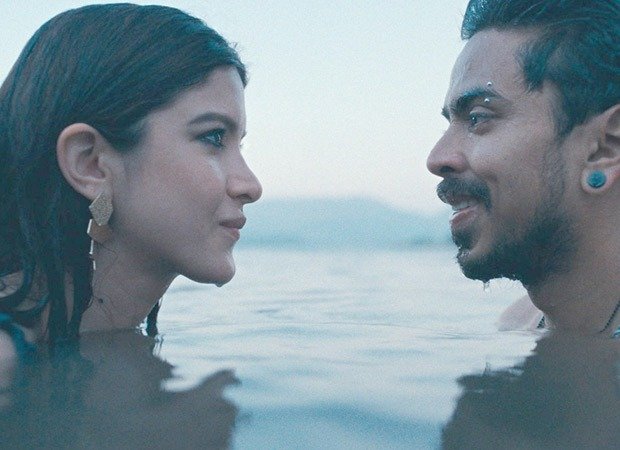

S Somanath also talked about how ISRO is actively working on sample return missions (File)
Bengaluru:
When Indian Space Research Organisation chairman S Somanath threw the floor open for questions over Instagram on Saturday, not only did people want to know about next Chandrayaan, asteroid missions and space stations, but also if ISRO can find water and if ISRO can teach 10-year-olds to build nano satellite. But with only an hour earmarked for #asksomanathisro, S Somanath could only answer a fraction of the questions posted by aspiring scientists and space enthusiasts. Questions on water on the moon and nano-satellite classes for 10-year-olds have to wait till next session.
The session on April 27, between 6pm and 7pm, was attended by nearly 1,500 people.
S Somanath chose questions aimed to encourage students and enthusiasts to pursue careers in science and technology, even geology, emphasising that ISRO offers diverse opportunities beyond just astronaut roles.
Answering a question on whether it would be possible for humans to build a fully sustainable space colony, ISRO chief said it is not likely in the near future.
“There are huge technical challenges to create a planet like earth elsewhere. It also requires huge investment, so in the immediate future I don’t see it happening,” said S Somanath.
S Somanath also talked about how ISRO is actively working on sample return missions, where spacecraft collect samples from celestial bodies (such as the Moon or asteroids) and bring them to Earth for analysis.
Answering a question which wondered whether ISRO’s collaboration with NASA to jointly build a satellite equipped with advanced features such as large reflectors and high antennas for clear data transmission for US$ 1 billion is expensive, S Somanath said considering what the ISRO is getting in return, the cost is justified.
He also explained about nano satellites and how it is now possible to make satellites weighing less than 1 kilogram that are as efficient as 100-kilogram satellites. He also answered questions about exoplanets, space junk and Chandrayaan 4.
Earlier on March 2, S Somanath had interacted via Instagram answering select questions from the audience focusing on providing insights and guidance. His engagement through Instagram allows direct interaction with space enthusiasts as well as creating awareness about ISRO’s work.
The next Instagram session will be in May for which the date and time will be announced soon, he said.
(Except for the headline, this story has not been edited by NDTV staff and is published from a syndicated feed.)




